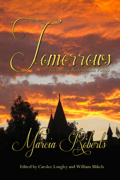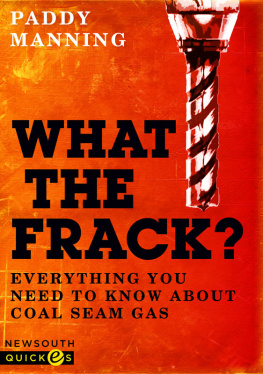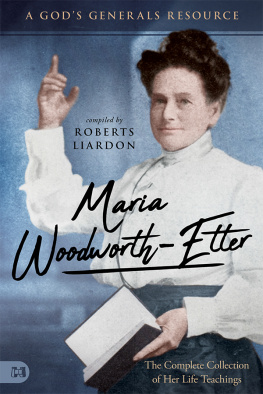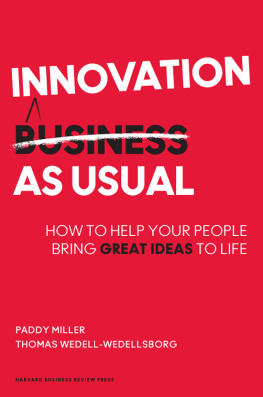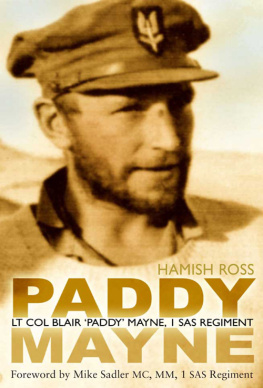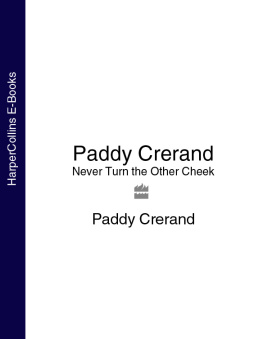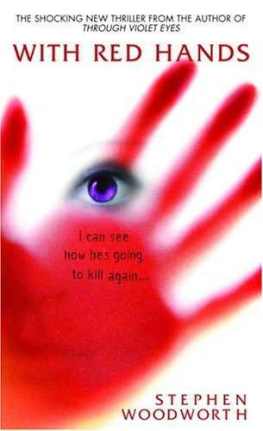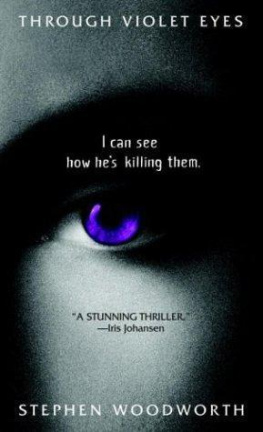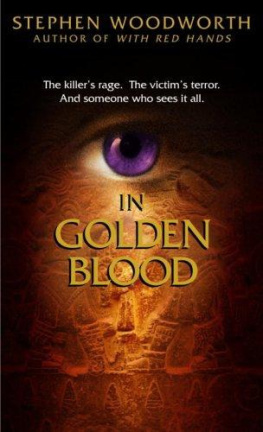Paddy Woodworth - Our Once and Future Planet
Here you can read online Paddy Woodworth - Our Once and Future Planet full text of the book (entire story) in english for free. Download pdf and epub, get meaning, cover and reviews about this ebook. year: 2013, publisher: University of Chicago Press, genre: Art. Description of the work, (preface) as well as reviews are available. Best literature library LitArk.com created for fans of good reading and offers a wide selection of genres:
Romance novel
Science fiction
Adventure
Detective
Science
History
Home and family
Prose
Art
Politics
Computer
Non-fiction
Religion
Business
Children
Humor
Choose a favorite category and find really read worthwhile books. Enjoy immersion in the world of imagination, feel the emotions of the characters or learn something new for yourself, make an fascinating discovery.

- Book:Our Once and Future Planet
- Author:
- Publisher:University of Chicago Press
- Genre:
- Year:2013
- Rating:5 / 5
- Favourites:Add to favourites
- Your mark:
- 100
- 1
- 2
- 3
- 4
- 5
Our Once and Future Planet: summary, description and annotation
We offer to read an annotation, description, summary or preface (depends on what the author of the book "Our Once and Future Planet" wrote himself). If you haven't found the necessary information about the book — write in the comments, we will try to find it.
Our Once and Future Planet — read online for free the complete book (whole text) full work
Below is the text of the book, divided by pages. System saving the place of the last page read, allows you to conveniently read the book "Our Once and Future Planet" online for free, without having to search again every time where you left off. Put a bookmark, and you can go to the page where you finished reading at any time.
Font size:
Interval:
Bookmark:

The University of Chicago Press, Chicago 60637
The University of Chicago Press, Ltd., London
2013 by Paddy Woodworth
All rights reserved. Published 2013.
Printed in the United States of America
22 21 20 19 18 17 16 15 14 13 1 2 3 4 5
ISBN-13: 978-0-226-90739-0 (cloth)
ISBN-13: 978-0-226-08146-5 (e-book)
DOI: 10.7208/chicago/9780226081465.001.0001
Library of Congress Cataloging-in-Publication Data Woodworth, Paddy, 1951
Our once and future planet : restoring the world in the climate change century/Paddy Woodworth.
pages cm
Includes bibliographical references and index.
ISBN 978-0-226-90739-0 (cloth : alk. paper)ISBN 978-0-226-08146-5 (e-book)
1. Restoration ecology. 2. Environmental quality. 3. Climatic changes. 4. Global environmental change. I. Title.
QH541.15.R45W664 2013
577dc23
2013016605
Supplementary material relating to the books contents is available online for readers at http://www.press.uchicago.edu/sites/woodworth/.
 This paper meets the requirements of ANSI/NISO Z39.48-1992 (Permanence of Paper).
This paper meets the requirements of ANSI/NISO Z39.48-1992 (Permanence of Paper).
PADDY WOODWORTH was a staff journalist at the Irish Times from 1988 to 2002 and is the author of Dirty War, Clean Hands and The Basque Country.
I would like to acknowledge the generous support of these organizations for aspects of the research for this book:



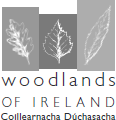




Our Once and Future Planet
RESTORING THE WORLD IN THE CLIMATE CHANGE CENTURY
PADDY WOODWORTH
The University of Chicago Press
Chicago and London
In memory of my brother, David, who left us much too early, with several books unfinished, and with far too many unfinished conversations about practically everything.
And to my beloved nieces and nephews and grand-nephews and grandnieces on all sides of our extended and chosen families, that they and their offspring may live in a restored world.
Contents
Preface
We are standing in Rochester Cemetery in Iowa, but we are not being invited to look at its gravestones.
No, we are here to look between them, for new life, or rather, for living traces of an ancient and almost extinct world. You could say that we are looking for the past in the present, and for clues towards possible ecological futures. But I havent even begun to grasp what any of that means, not yet.
Two local environmentalists are poking around between the graves, trying to find us plants with lyrical names like rattlesnake master, pale purple coneflower, and rough blazing star. Cemeteries, along with railway cuttings, are the last refuges of the once abundant flora of the tallgrass prairie. The intensive agriculture practiced by settlers in Iowa, the most altered state in America, has come close to erasing this ecosystem in less than two centuries.
It is late autumn, and most of the plants can only show us seed heads at best. Not very lyrical at all, hardly thrilling stuff to the uninitiated or uninterested. Some of our group wander off to decipher inscriptions on worn tombstones or chat about other things.
The International Writing Program at the University of Iowa in 2003 was a melting pot of ingredients from across the globe. We bubbled together happily enough but retained distinctive flavors: poets from Vietnam and Mongolia, a novelist from Chile, a Polish philosopher, a Chinese screenwriter. Not all of us shared the passion for environmental writing that had driven the program director, poet Christopher Merrill, to organize this prairie weekend.
But two at least of us did. Gregory Norminton, a young English novelist, greeted me over coffee most mornings at the Iowa House Hotel with baleful comments about the latest ecological folly, as exposed on the pages of the New York Times. He saw very little hope for our overcrowded and degraded planet, and he felt its sickness in his bones, in his gut and in his heart. I tried to resist his pessimism, but did not know enough to offer a more positive reading of the world.
Gregory was up to speed on these things, and I was not. He grasped basic ecological concepts and could discuss debates in the environmental movement with some fluency. He knew his trees, even in America, and I did not, though I probably had the edge on him as a birderbut that does not say much for either of our skills in that department.
Nevertheless, I had been hoping that birds would provide the theme for my next book, though from a human rather than an ecological perspective. I had an idea about exploring the traces left on our cultures by charismatic migrating birds, like cranes, eagles and swallows, from cave paintings to popular music. Even this was a very new field for me. I had been invited into the Iowa program on the back of my first book, an account of terrorism and state terrorism in the Basque Country. Rather weary of writing about people who kill each other, I was looking to natural history for a more congenial subject.
The migration-and-culture project had indeed led me on a wonderful journey, following cranes on their annual journey from the cork oak savannas of Extremadura, Spains most African landscape, to the melting snows of a Swedish spring. And it would soon lead me to the International Crane Foundation, not far from Iowa in Baraboo, Wisconsin. But by then I would have abandoned that book, and found the seeds of this one.
The night after our visit to the cemetery, we are all invited to participate in a strange little ritual. It seems the antithesis of anything environmentally healthy. There is an acrid smell of gasoline in the air, and soon the pungent stench of damp, scorched vegetation. A rank patch of motley plants, perhaps five hundred meters square and already collapsing before the advance of winter, has been marked out by a firebreak.
Would we like, our hosts Mark and Val Mller ask us, to help burn their prairie? We are standing on land that has been farmed for many decades, its natural diversity reduced to a single annual corn crop. Several years earlier, the Mllers had cleared out the corn, plowed it one last time, and sowed native plant seeds, lovingly gathered locally from remnant prairie patches like Rochester Cemetery. But a prairie community needs the alchemy of periodic fire if it is to flourish: hence the unusual invitation. Gregory is the first to jump in, wielding a drip torch manfully through the flickering shadows. It had rained during the week, however, and the expected conflagration is denied us.
Font size:
Interval:
Bookmark:
Similar books «Our Once and Future Planet»
Look at similar books to Our Once and Future Planet. We have selected literature similar in name and meaning in the hope of providing readers with more options to find new, interesting, not yet read works.
Discussion, reviews of the book Our Once and Future Planet and just readers' own opinions. Leave your comments, write what you think about the work, its meaning or the main characters. Specify what exactly you liked and what you didn't like, and why you think so.

